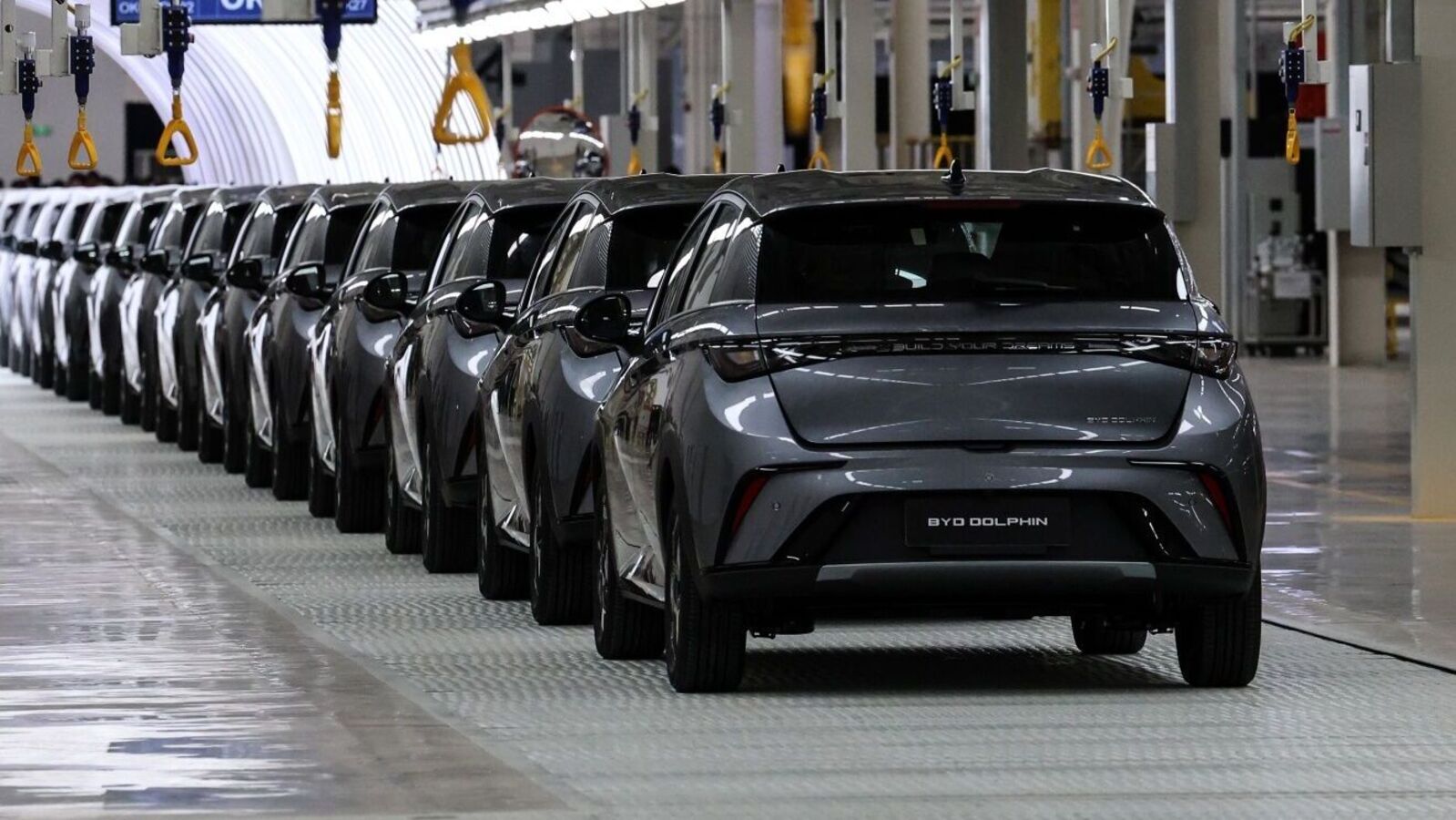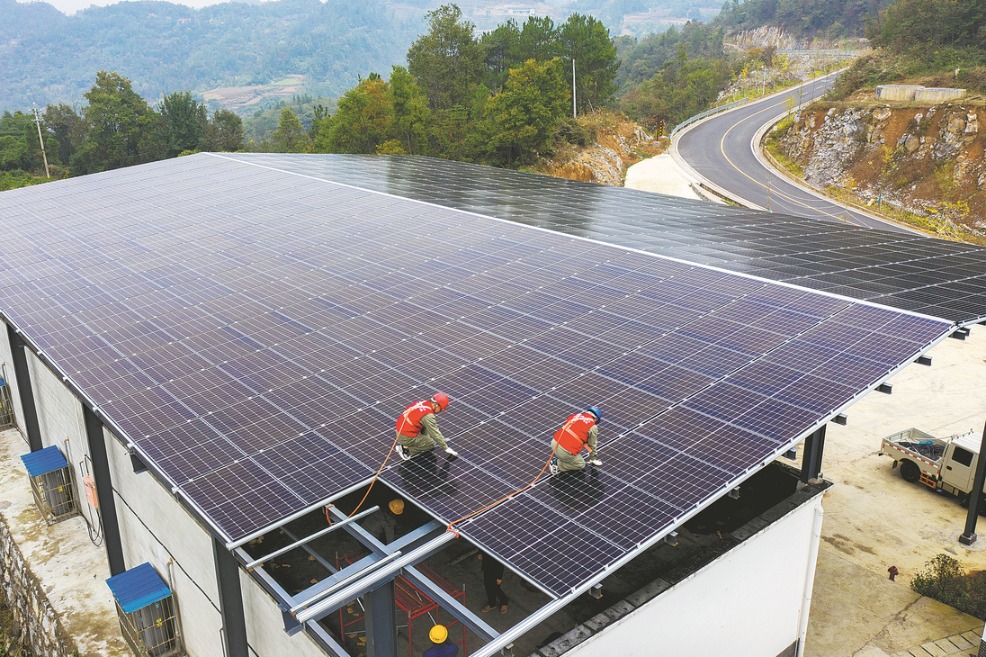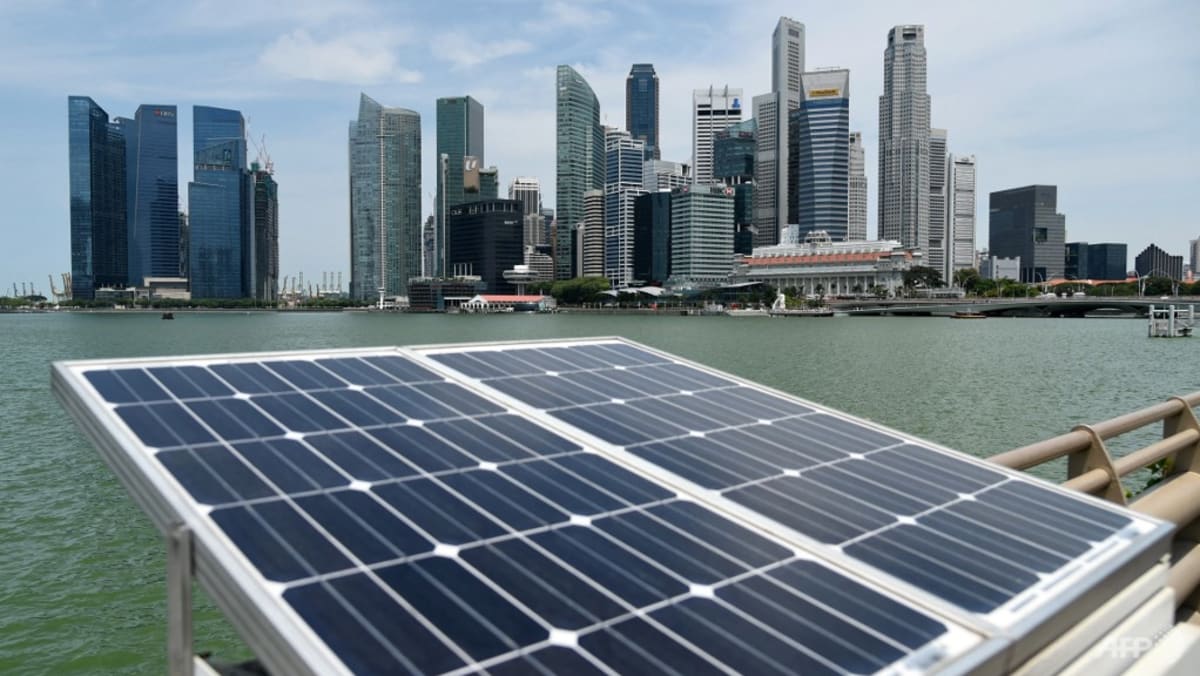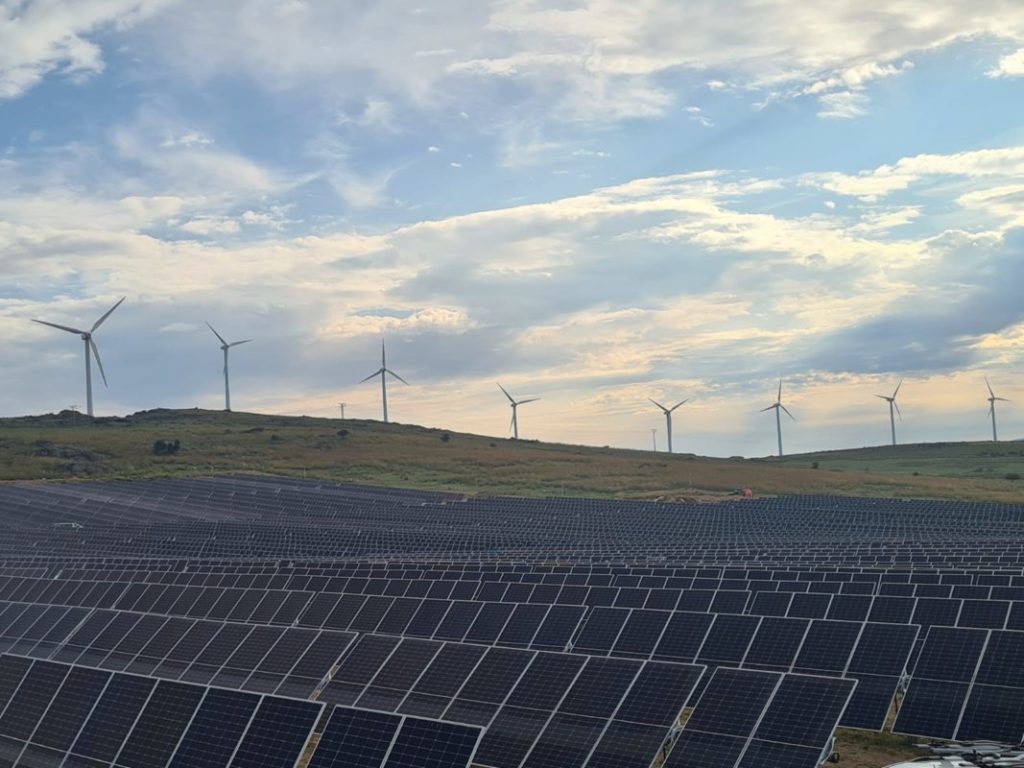With the European Union hiking duties on Chinese electric vehicles (EVs) to as much as 48%, China’s new generation of green car manufacturers is teaming up with local industry to ensure their cars are considered homegrown. Without these measures, Chinese EVs could become thousands of euros more expensive for consumers, or else unprofitable.
Strategic Partnerships Across Europe
Barcelona will soon host the Omoda E5, made by China’s Chery Automobile Co., which has partnered with Spain’s Ebro-EV Motors. In Poland, Chinese maker Leapmotor’s T03 city cars are rolling off an assembly line owned by Jeep and Fiat maker Stellantis NV. Meanwhile, BYD Co. has announced plans for its own factory in Hungary, with another on the horizon in Turkey, and Zeekr is considering production sites owned by its parent company, Geely.
Impact on European Auto Industry
The arrival of China’s EV makers poses a risk for European auto giants, who now face the difficult decision of striking partnerships and making space for their new rivals. This comes as they confront the possibility of shutting down some of their own sites due to faltering global sales growth.
By the end of the year, Chery hopes to start production at the former Nissan Motor Co. factory near Barcelona’s cargo port. Chery is also scouting locations for a second European site.
“We’re determined to move ahead with our launch team, with our operation in Europe in the short term, medium, and long term,” said Charlie Zhang, president of Chery Europe.
Local Manufacturing to Avoid Tariffs
Chery and Ebro aim to produce 150,000 cars annually at the Spanish facility by 2029. Zhang, speaking the day after the EU announced the extra tariffs, said Chery also plans to build up local research and development, manufacturing, and distribution “to become a truly European company.”
The Spanish plant will assemble cars from kits that have been partially “knocked down.” This process, common in auto manufacturing, involves making vehicles in cheaper locations, taking them apart, and then reassembling them closer to where they are sold. This strategy will allow Chery to avoid EU tariffs imposed on finished cars.
Ongoing Trade Tensions
The European Commission is still determining how the new tariffs will apply to joint ventures that weren’t part of its anti-subsidy investigation. While talks could stave off the extra duties before they become permanent in November, China has already started a retaliatory probe into alleged dumping of pork products from the EU.
The cooperation between Chinese EV manufacturers and European industries signifies a new era of collaboration, potentially reshaping the landscape of the automotive industry in Europe.
Source: hindustantimes.com





